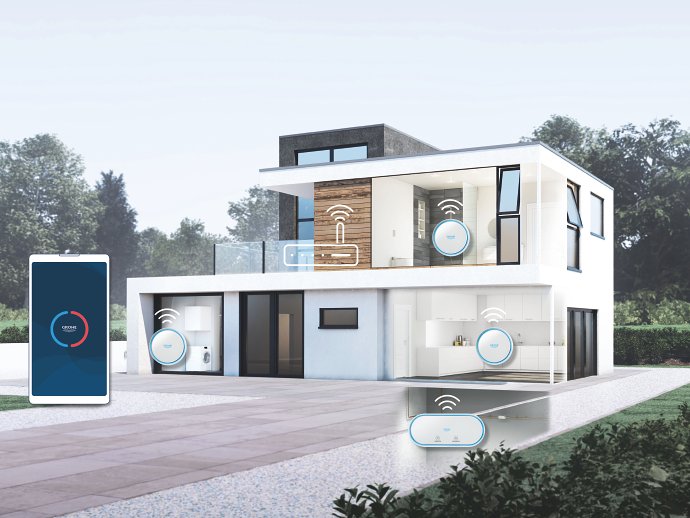In recent years, the concept of smart homes has gained significant traction, promising convenience, comfort, and enhanced security. However, a lesser-known advantage of smart homes lies in their potential to save power. In this blog post, we will delve into the various ways in which smart homes can contribute to energy efficiency and ultimately reduce power consumption. From intelligent lighting systems to automated climate control, we will explore the cutting-edge technologies that make smart homes a sustainable choice for the future.
- Smart Lighting Systems:
Traditional lighting systems often result in unnecessary energy wastage due to human error or forgetfulness. Smart lighting systems, on the other hand, utilize motion sensors, timers, and remote controls to optimize energy usage. By automatically turning off lights in unoccupied rooms or adjusting brightness levels based on natural light availability, smart homes can significantly reduce power consumption. - Energy Monitoring and Management:
Smart homes offer advanced energy monitoring and management solutions, allowing homeowners to track their power usage in real-time. By providing detailed insights into energy consumption patterns, these systems enable users to identify areas of high energy usage and make informed decisions to optimize efficiency. Additionally, smart homes can integrate with renewable energy sources, such as solar panels, further reducing reliance on conventional power grids. - Automated Climate Control:
Heating, ventilation, and air conditioning (HVAC) systems are notorious for their energy consumption. Smart homes employ intelligent thermostats and sensors to regulate temperature settings based on occupancy and user preferences. By automatically adjusting temperature levels and optimizing HVAC usage, smart homes can achieve significant energy savings without compromising comfort. - Appliance Automation and Optimization:
Smart homes offer the ability to automate and optimize the usage of various appliances. By integrating with smart plugs and switches, homeowners can remotely control and schedule the operation of devices, such as washing machines, dishwashers, and refrigerators. This ensures that appliances operate during off-peak hours when electricity demand is lower, resulting in reduced power consumption and potential cost savings. - Data-Driven Energy Efficiency:
Smart homes collect and analyze vast amounts of data regarding energy usage, occupancy patterns, and environmental conditions. By leveraging this data, homeowners can gain valuable insights into their energy consumption habits and make informed decisions to improve efficiency. Machine learning algorithms can also be employed to automatically adjust settings based on historical data, further optimizing power usage.
Conclusion:
The power-saving potential of smart homes is undeniable. Through the integration of intelligent technologies, such as smart lighting systems, energy monitoring and management solutions, automated climate control, appliance automation, and data-driven energy efficiency, smart homes offer a sustainable and energy-efficient living environment. By embracing these advancements, homeowners can not only reduce their carbon footprint but also enjoy long-term cost savings. Embrace the future of smart homes and unlock the power-saving benefits they have to offer.

